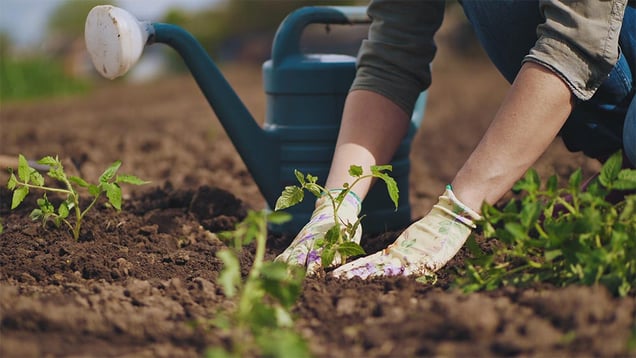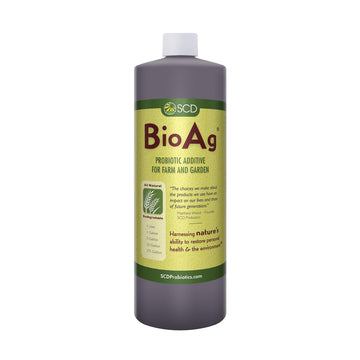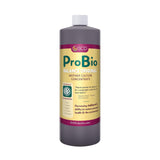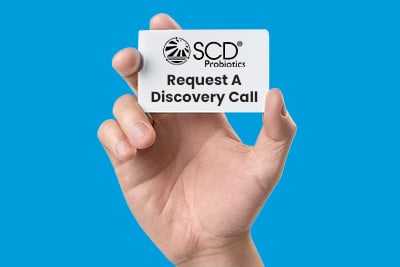Organic Gardening Tips for Beginners
Organic gardening is an increasingly popular way to grow fruits, vegetables, and herbs at home. Not only is it a great way to provide fresh produce for your family, but it's also a way to reduce your carbon footprint and support a healthy environment. If you're new to organic gardening, here are some tips to help you get started.
Start with a plan
Before you start digging up your backyard, it's essential to have a plan in place. Think about what you want to grow, how much space you have available, and your goals for your garden. This will help you make informed decisions and avoid common mistakes.
Choose the right plants
Choosing the right plants for your garden is essential for success. Consider what grows well in your area and what you and your family like to eat. Choosing plants well-suited for the amount of sunlight and water available in your garden is also essential.
Use high-quality seeds and plants
Investing in high-quality seeds and plants is worth it in the long run. Look for organic, non-GMO seeds and plants from reputable sources. These will be more resistant to pests and diseases and produce healthier, more flavorful produce.
Build healthy soil
Healthy soil is the foundation of a healthy garden. Add organic matter, such as compost, to your soil to improve its texture and fertility. This will help your plants grow strong roots and produce more bountiful harvests. In addition to this, don't forget to add beneficial microorganisms like SCD Bio Ag to get the needed helpers for your soil.
Water wisely
Watering your garden is important, but it's also important to do it wisely. Avoid over-watering, as this can lead to waterlogged soil and root rot. Instead, water deeply and less frequently, and consider using drip irrigation to conserve water.
Mulch your garden
Mulching your garden is a great way to conserve water and suppress weeds. Use organic mulch, such as straw, leaves, or grass clippings, to cover the soil around your plants. This will also help keep the soil temperature consistent and improve soil fertility.
Practice natural pest control
One of the benefits of organic gardening is the use of natural pest control methods. This includes using beneficial insects, such as ladybugs and praying mantises, to control pests. You can also use companion planting, which involves planting certain plants together that help repel pests.
Start small
It can be tempting to grow a large garden immediately, but starting small is a good idea for beginners. A small garden is easier to manage and will allow you to learn as you go. As you gain more experience, you can expand your garden as desired.
Choose the right location
The location of your garden is vital for its success. Choose a spot that receives at least 6 hours of sunlight daily, as most vegetables need plenty of sunlight to grow. Make sure the location has good drainage to prevent waterlogged soil.
Test your soil
Before planting your garden, testing your soil to see what nutrients it may lack is a good idea. You can purchase a soil testing kit online or from a garden center. The results will help you determine what amendments, such as compost or fertilizer, you may need to add to your soil. This is also a good time to add beneficial microorganisms like SCD Bio Ag as they help nutrients be more available in the soil.
Use organic fertilizers
When fertilizing your organic garden, it's important to use organic fertilizers, such as compost, manure, or worm castings. These natural fertilizers are rich in nutrients and won't harm the environment like synthetic fertilizers can. SCD Bio Ag can be regarded as an organic fertilizer, too!
Plant companion plants
Companion planting is a method of planting different plants together that can benefit each other. Companion planting offers a natural way of pest control; read more here.
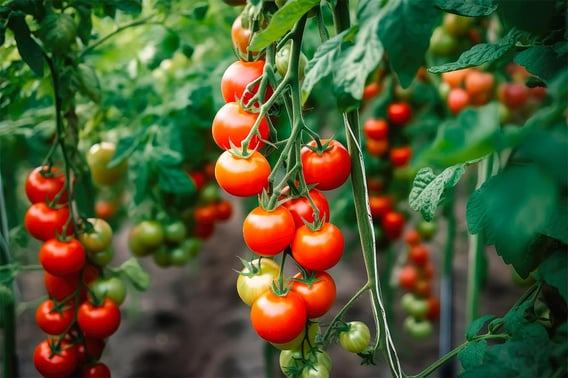
Organic gardening offers a rewarding and sustainable approach for beginners to cultivate healthy and thriving gardens. By embracing practices such as composting, natural pest control, and soil enrichment, you can create a harmonious ecosystem that supports plant growth while minimizing environmental harm. Start your organic gardening practice with SCD Probiotics' Bio Ag now!


